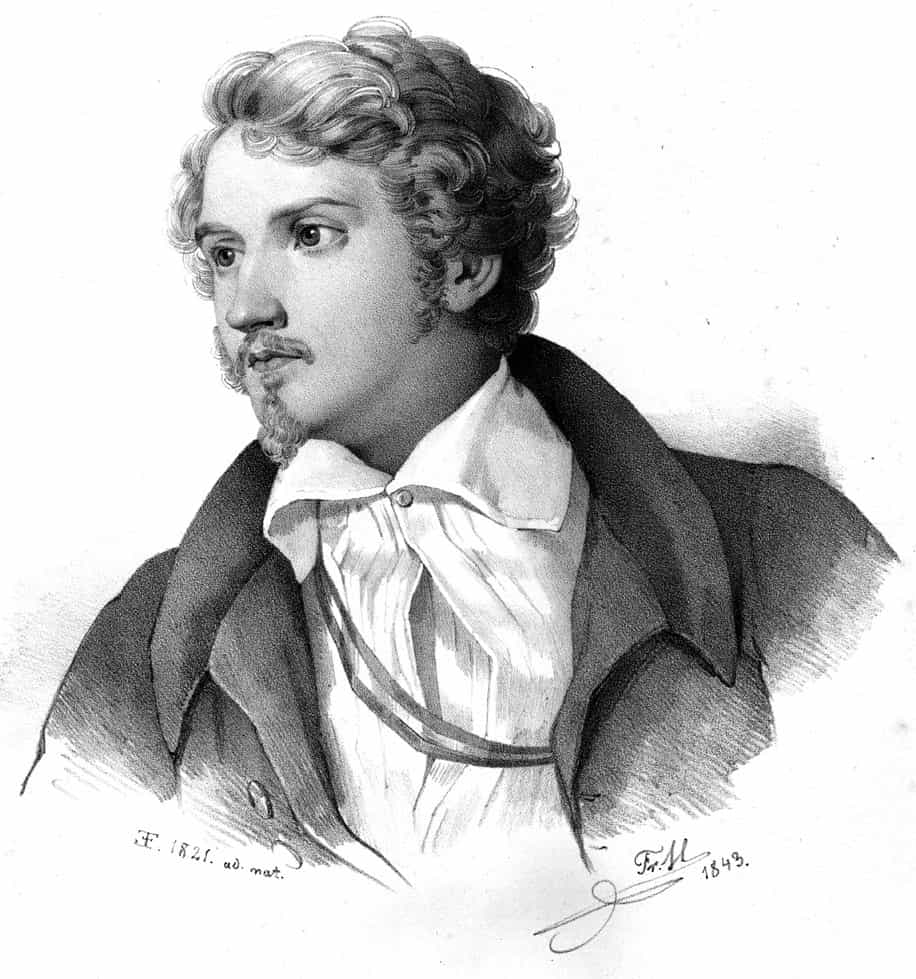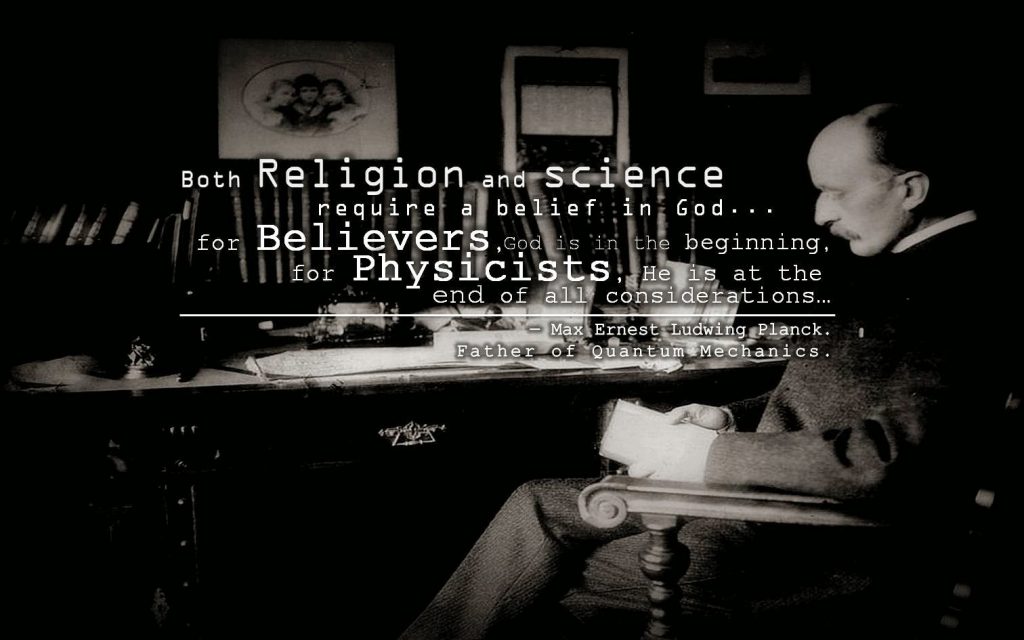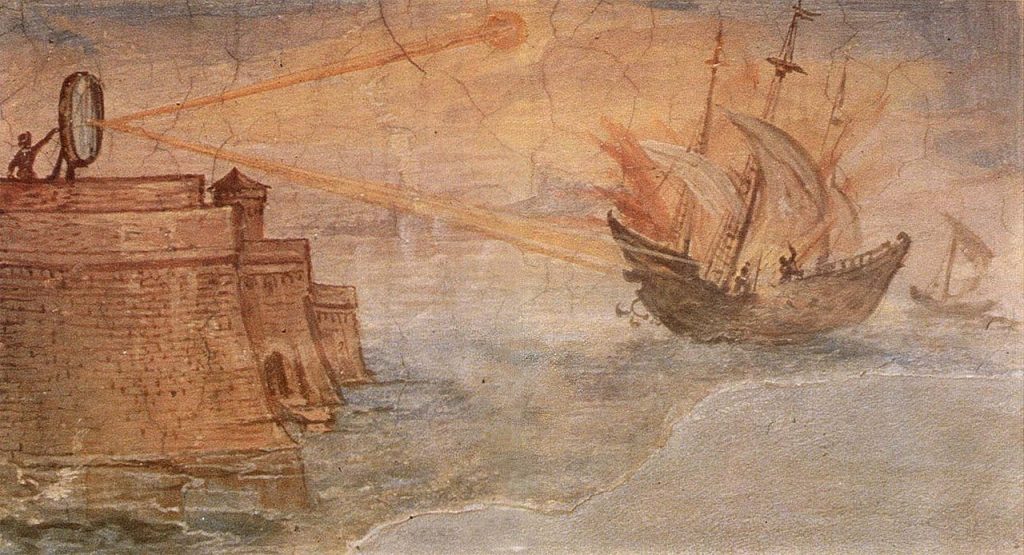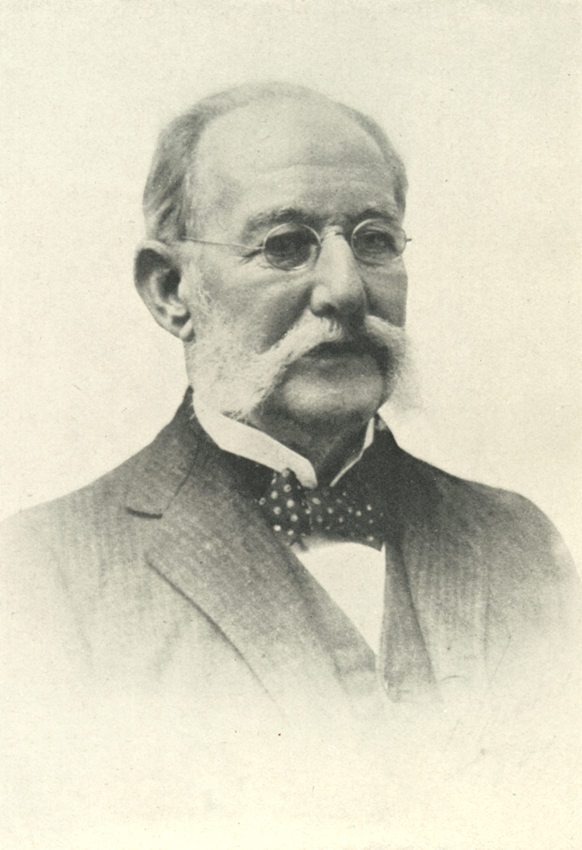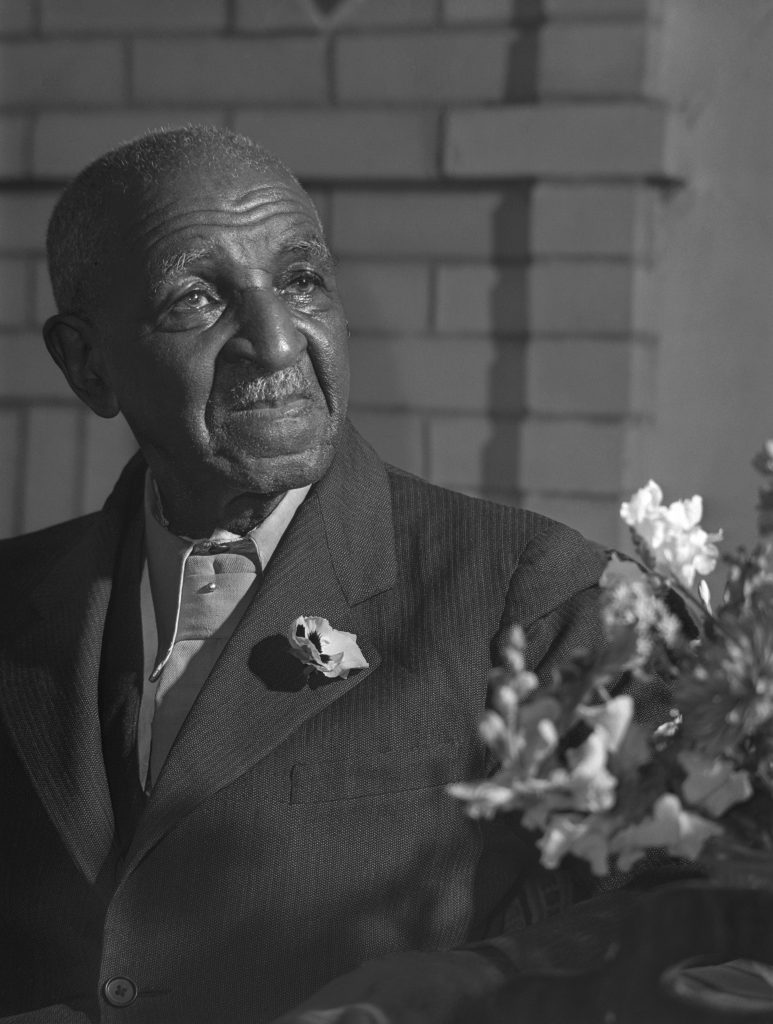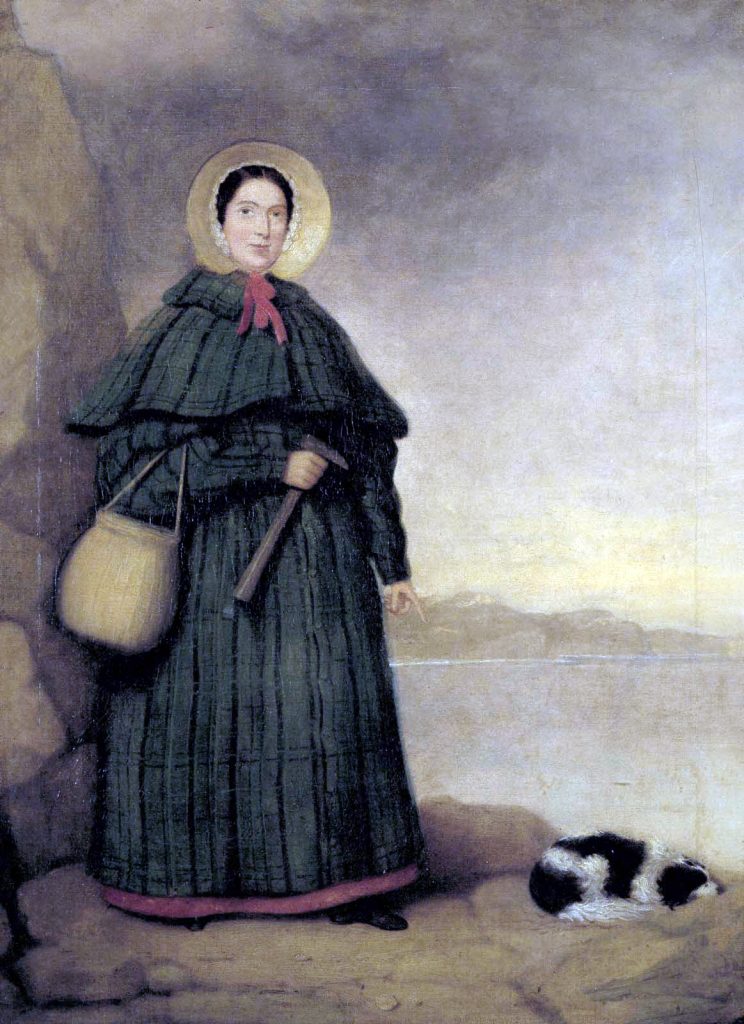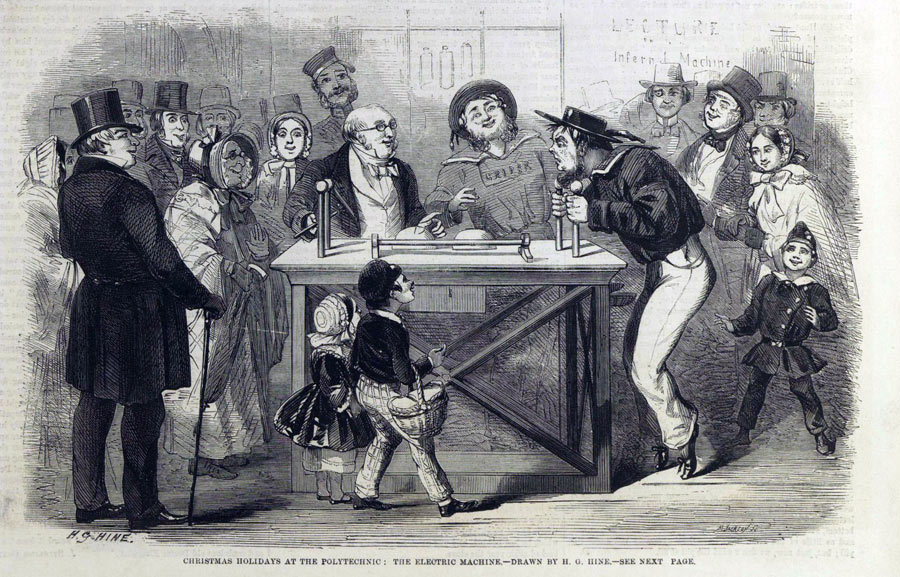Justus Liebig (1803 – 1873) was a German chemist that not only did groundbreaking work in organic chemistry and biological chemistry, he also transformed chemistry education and universities to be more inclusive of a variety of topics . The Man: Justus Liebig Justus von Liebig was born in 1803 in the south-central of Germany in …
